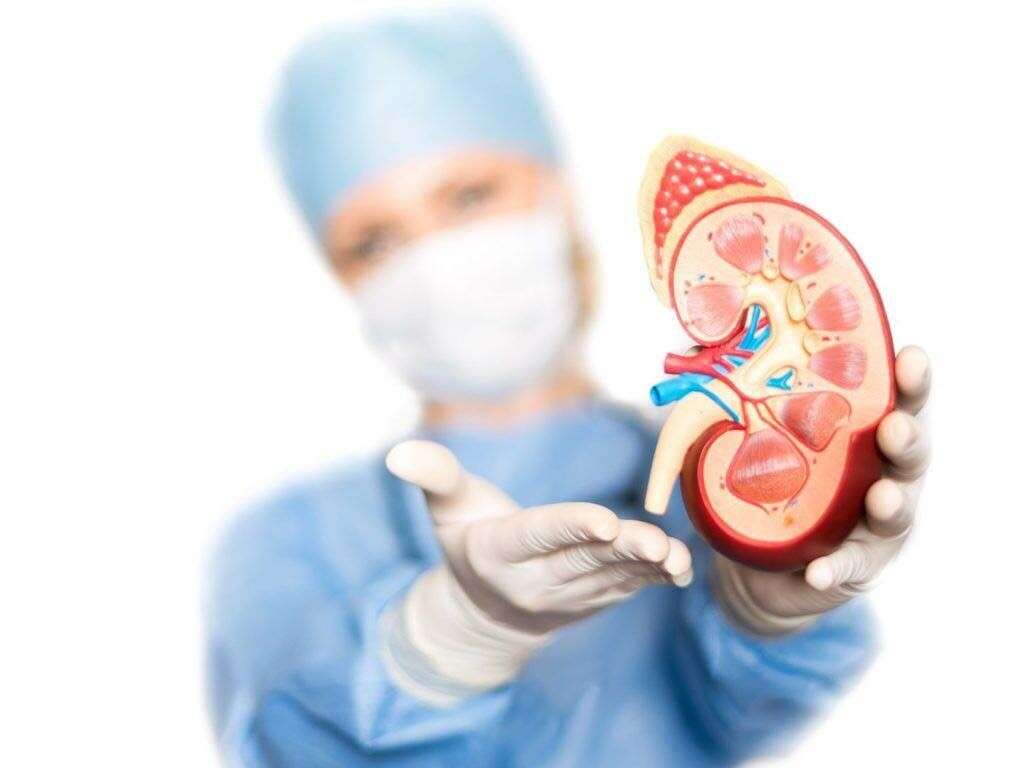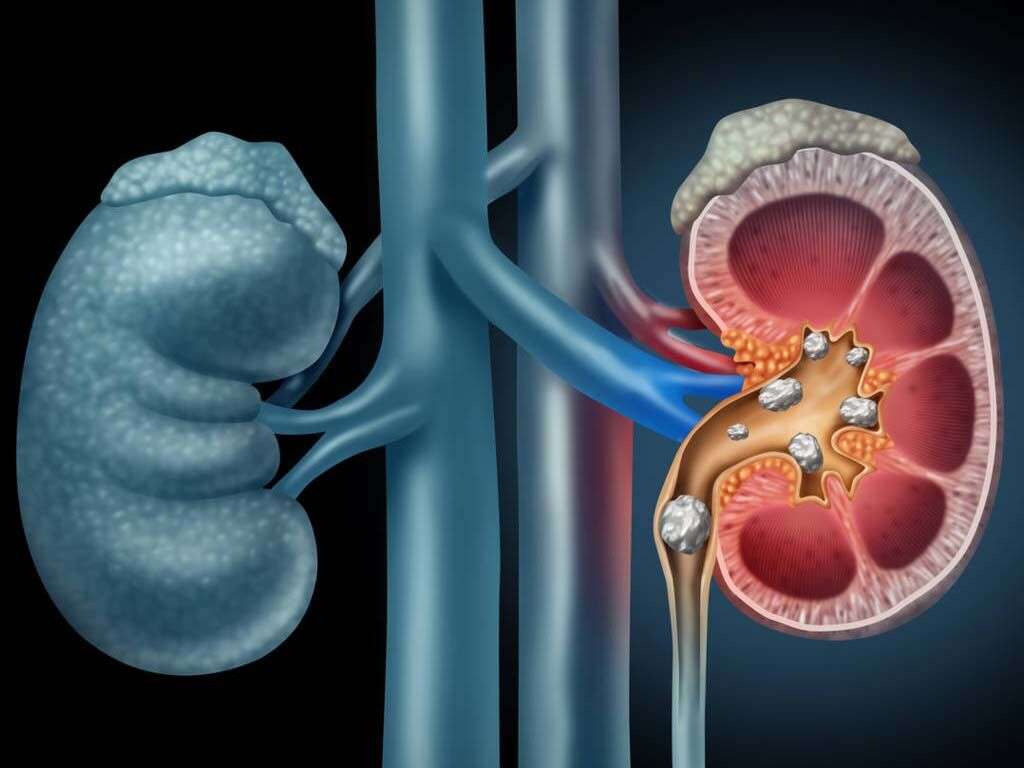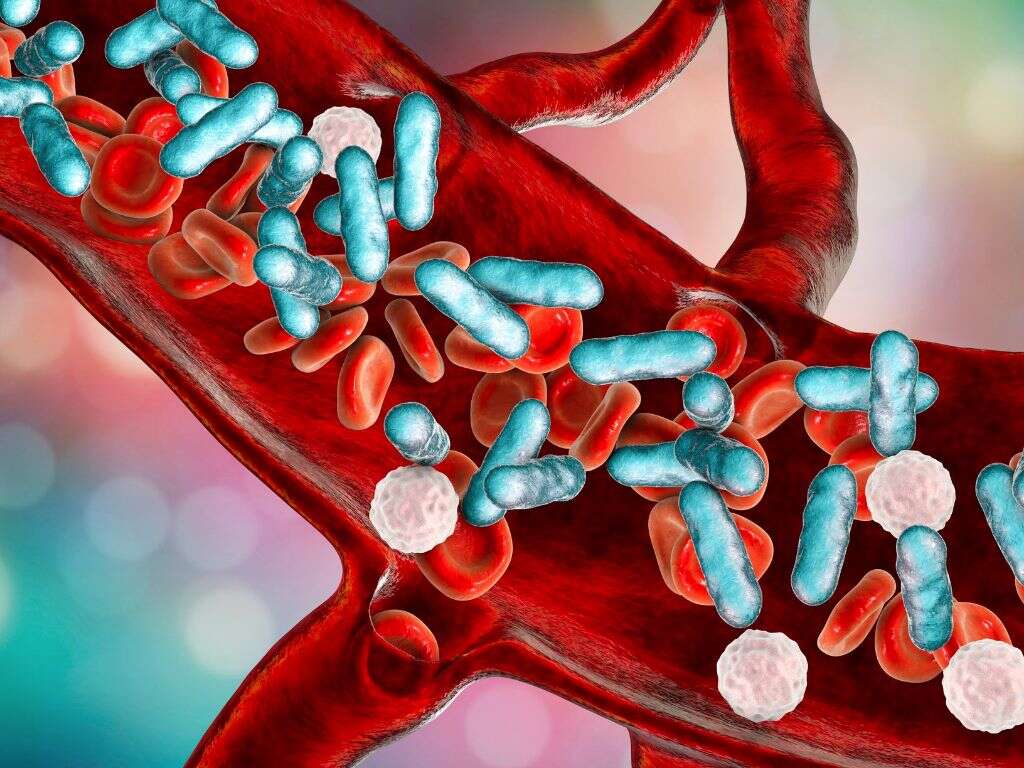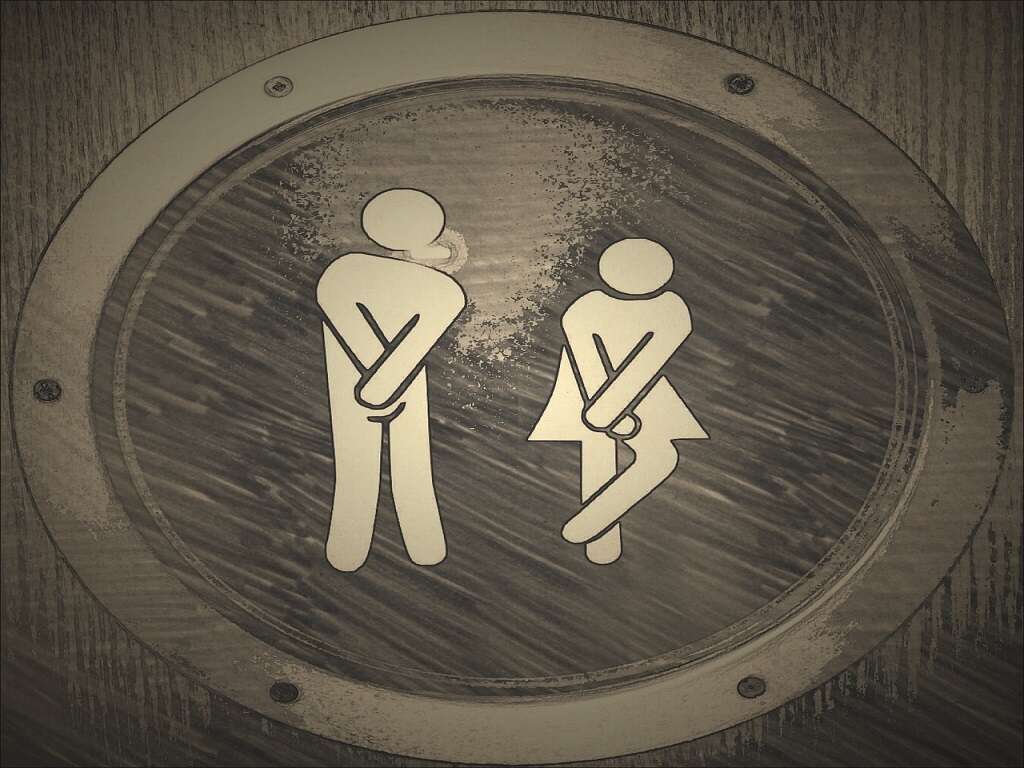What Is Glomerulonephritis?
Our bodily processes produce waste products that need to be removed from the system. To achieve this, these waste products are transported to our kidneys in our circulatory system. Once they arrive at the kidneys, the kidneys will act as a kind of filtering station to remove the waste products from our blood.
Without this filtering station, waste products will begin to accumulate in our blood, and this can be very dangerous for us. Indeed, if the toxin levels were to go high enough then it would kill us. This makes it a good idea to keep our kidneys healthy but there are medical conditions that can cause them harm, one of which is Glomerulonephritis.

1. Glomerulonephritis
Our kidneys have tiny filters that are known as glomeruli. These help to remove waste and excess fluids from our blood, helping to ensure the blood remains as clean as possible. The condition will cause a number of symptoms, and it also has the potential to cause some severe complications.
Glomerulonephritis will often be a standalone disease. At other times, it will be a part of another disease. The condition can usually be treated, depending on factors such as the underlying cause. Glomerulonephritis can develop gradually (chronic), whereas at other times it can come on more suddenly (acute). There are various potential underlying causes for the condition.

2. Scarring
One potential underlying cause of glomerulonephritis is scarring, and this itself can be down to a number of causes. One of these is high blood pressure in the kidneys that can cause damage to the organs. Focal segmental glomerulosclerosis is a condition that causes scarring to just some of the glomeruli in a scattered fashion.
Another potential cause is diabetic nephropathy, which is also known as diabetic kidney disease. This condition will usually take a long time to develop and its development can be delayed or prevented by careful management of blood sugar levels. Diabetic nephropathy can affect anybody that has diabetes.

3. Infections
One potential underlying cause of glomerulonephritis is scarring, and this itself can be down to a number of causes. One of these is high blood pressure in the kidneys that can cause damage to the organs. Focal segmental glomerulosclerosis is a condition that causes scarring to just some of the glomeruli in a scattered fashion.
Another potential cause is diabetic nephropathy, which is also known as diabetic kidney disease. This condition will usually take a long time to develop and its development can be delayed or prevented by careful management of blood sugar levels. Diabetic nephropathy can affect anybody that has diabetes.

4. Autoimmune Diseases
Our immune systems do an excellent job of keeping us safe from disease. Without them, it would not be long before we fall ill to a potentially deadly disease. Our immune system also helps with the maintenance and repair of our bodies. As essential to us as they are, however, some people’s immune system will work against them.
Autoimmune conditions will attack certain aspects of the patient’s own body, and this can result in conditions like Glomerulonephritis. Autoimmune conditions that can cause Glomerulonephritis include IgA nephropathy, lupus, and Goodpasture’s syndrome. Unfortunately, autoimmune conditions can be very difficult to treat, and they can have a considerable impact on the patient’s well-being.

5. Vasculitis
Vasculitis is the medical term for the inflammation of the blood vessels. This inflammation can itself result in a number of problems, including thickening of the walls, narrowing, and weakening of the walls. It can also damage them, causing them to become scarred.
There are two particular types of vasculitis that can result in Glomerulonephritis. These are Granulomatosis with polyangiitis, which affects blood vessels in the airways, lungs, and kidneys. The other type is polyarteritis, which affects blood cells in the kidneys, heart, and intestines. These conditions can usually be treated with medication that will help limit the symptoms, and limit the damage it can cause.
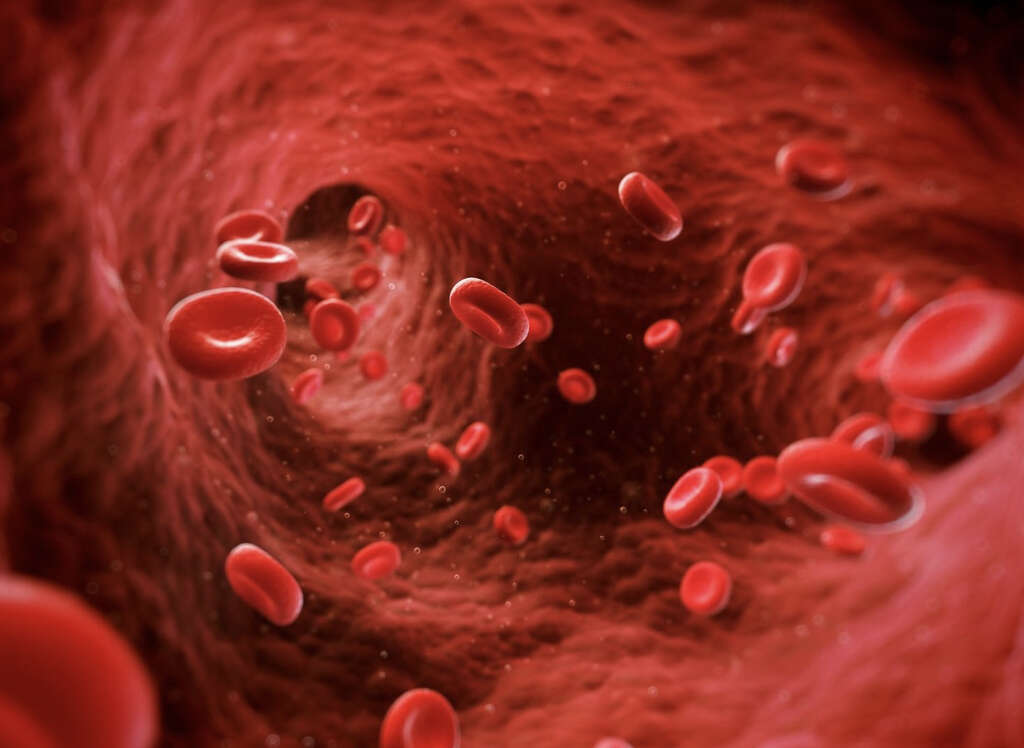
6. Symptoms
The symptoms of glomerulonephritis will depend on the underlying cause of the condition, and whether or not you have the chronic or acute form. In some cases, the patient might not be aware they have the condition at all until it shows up during a check-up, or when looking for something else.
When symptoms do arise, they typically include foamy urine, which is caused by high levels of proteins. Edema is another potential symptom, which is swelling caused by the accumulation of fluids. High blood pressure is another potential symptom, while the patient’s urine can also be darker in color than usual.

7. Complications
In addition to the symptoms already mentioned, Glomerulonephritis will cause complications in some cases. These complications will generally be a result of damage that the condition can cause to the kidneys. One such example is an increase in blood pressure, which happens because there are higher levels of waste in the blood.
Chronic kidney disease is another potential complication, which is long term condition that means your kidneys struggle in their role. There is also acute kidney failure, which can result in a dangerous rise of toxin levels in the blood. Another potential complication is nephrotic syndrome, which means that there is too little protein in the blood.

8. Prevention
Glomerulonephritis cannot usually be prevented directly, but preventing other medical conditions can help to reduce the risk of glomerulonephritis developing. For example, keeping your blood pressure in a healthy range can help prevent the condition, as well as providing a number of other important health benefits.
Diabetics should manage their blood sugar levels the best they can in order to help prevent glomerulonephritis, among other reasons. It is also a good idea to protect yourself against sexually transmitted diseases like hepatitis and HIV, and not only to prevent glomerulonephritis. Getting impetigo and strep throat infections treated as soon as possible will also help to prevent the disease.

9. Diagnosis
When glomerulonephritis is noticed, it usually happens during a routine checkup. If you do go to a doctor with symptoms, however, there are a number of tests that can confirm a diagnosis of glomerulonephritis. One of the most obvious is a urine test, while blood tests will also be performed.
Blood and urine tests will help look for a number of factors that will point to kidney damage. X-rays, CT scans, and ultrasounds will also often be used to help get an image of the kidneys. In many cases, a biopsy of the kidneys will be necessary to be able to confirm the diagnosis.

10. Treatment
Treatment of glomerulonephritis will depend largely on the nature of the disease; particularly whether it is the acute or chronic variety. In some cases, the condition might clear up once the underlying cause has been treated. This is particularly the case when it was caused by strep throat infections.
Treatment for glomerulonephritis tends to revolve around dealing with the underlying cause and preventing further damage to the kidneys. In the more severe cases, dialysis may be necessary to help remove the toxins and impurities from the blood. Depending on the severity of the damage caused, a kidney transplant will be recommended in some cases.




